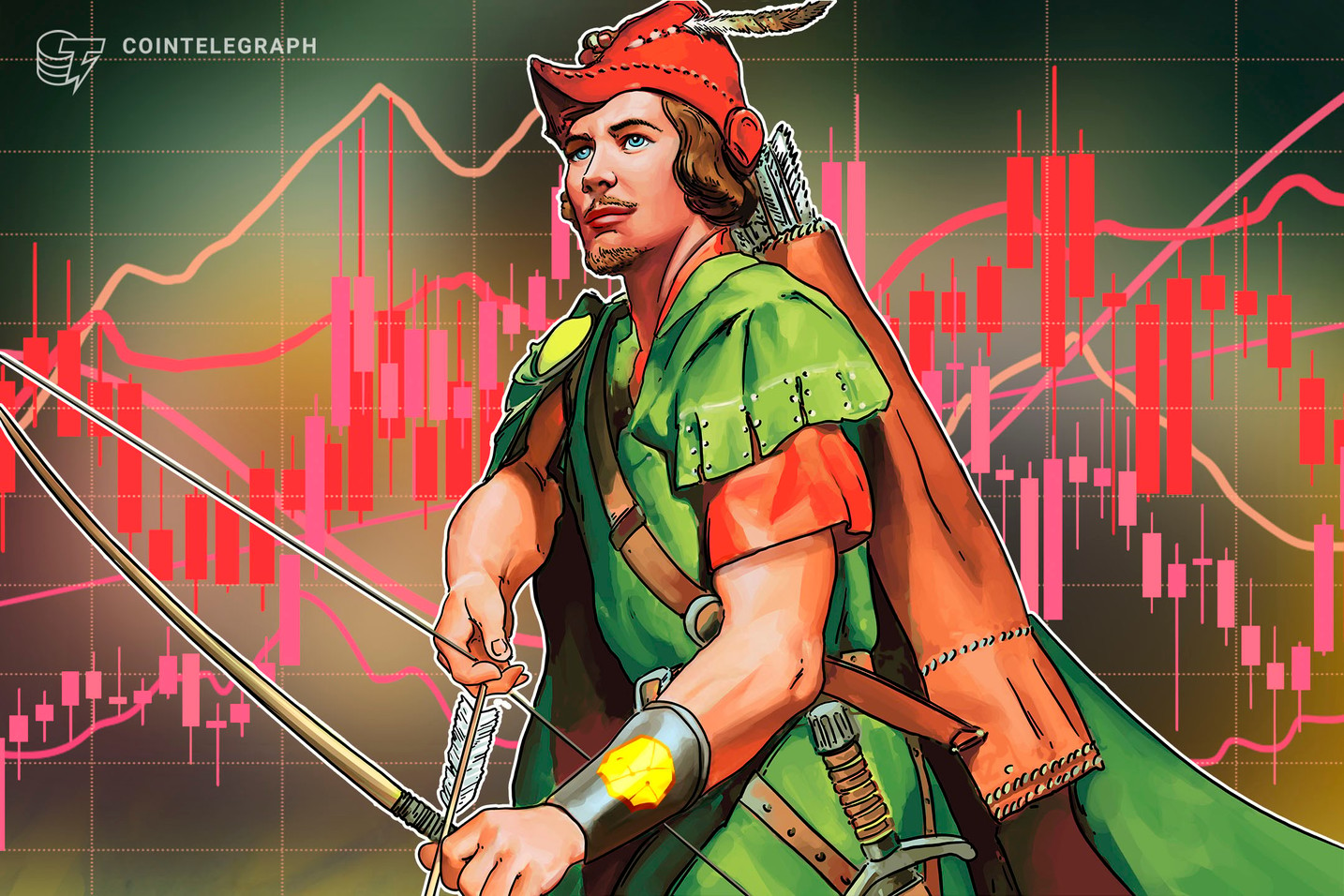Bitcoin News, Crypto News
Robinhood Announces 24-Hour Trading is “Currently Operational”
Robinhood Confirms 24-Hour Trading is Active
Launched in May 2023, the 24-hour trading feature by Robinhood allows users to invest at their convenience.

Current Status of 24-Hour Trading
In response to rumors about a potential suspension of 24-hour trading, Robinhood has confirmed that the service is operational. A representative stated, “Our overnight trading session is currently operating.” However, additional questions regarding platform stability during market fluctuations were not addressed.
The 24-hour trading service runs Sunday at 12:00 AM UTC through Friday at 12:00 AM UTC, enabling users to manage their trading schedules more effectively.
User Reports of Trading Suspension
On August 5, numerous users on social media platforms reported that Robinhood had suspended its 24-hour trading feature amid heightened market volatility. Analyst Jesse Cohen mentioned, “Robinhood has suspended 24-hour stock trading on its platform due to elevated volatility,” noting the market chaos reminiscent of significant past downturns like March 2020 and September 2008.
Another user, Rawsalerts, reported the suspension stating, “They have suspended all 24-hour trades until further notice,” citing that Robinhood was not the only brokerage facing operational challenges during this turbulent period. Other firms experiencing difficulties included Charles Schwab, Fidelity, and TD Ameritrade.


Ran Yi, co-founder at Orderly Network, emphasized that while centralized platforms can halt trading at will, crypto markets remain accessible and operational regardless of the broader market conditions. He remarked, “True crypto doesn’t have an on-off switch: it’s designed to operate around the clock through calm and chaos alike.”
Significant Decline in Japan’s Nikkei Index
The discussions regarding Robinhood’s trading service coincided with a severe downturn in global stock markets. On August 5, Japan’s Nikkei index experienced its most considerable drop since Black Monday, falling by 12.4%. This sharp decline is tied to growing recession fears among investors.
In the United States, markets suffered similar losses, with well-known stocks like Nvidia and Apple dropping significantly. Reports indicated that over $1.93 trillion had been erased from the US stock market, with both the Nasdaq and Dow Jones Industrial Average facing notable declines.
Recent market turbulence was triggered by disappointing job figures, raising concerns about a potential recession and discussions around possible interest rate cuts. Despite the US Federal Reserve’s previous decision to maintain rates, some analysts speculate that emergency rate cuts may be imminent.


